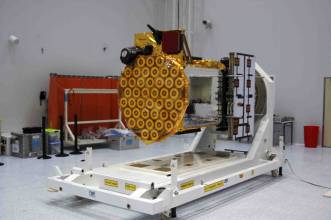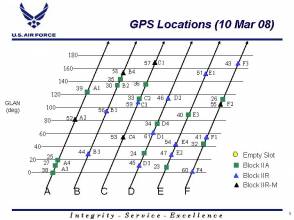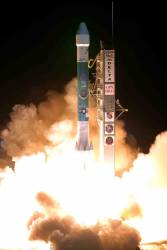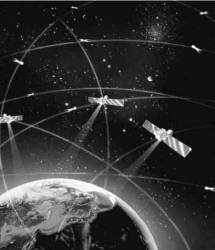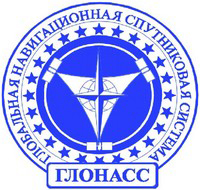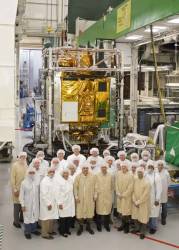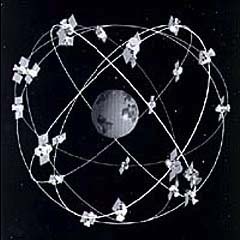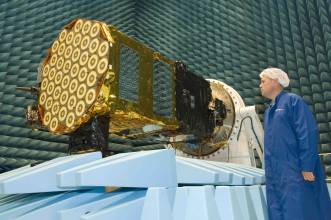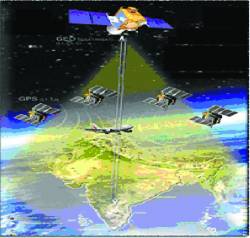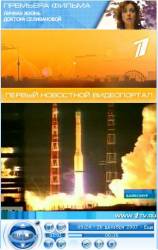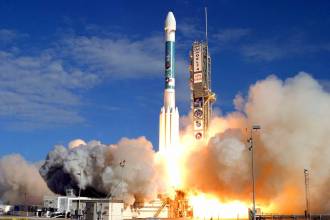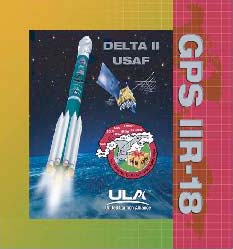First Civil Funds for GPS Program
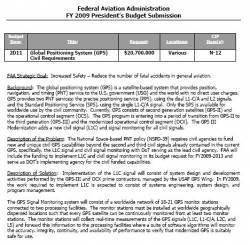 FY09 GPS Budget Request; FAA Line Item
FY09 GPS Budget Request; FAA Line ItemThe GPS program has passed a milestone of sorts with the first allocation of funds from civil agencies to pay for a portion of the core GPS budget.
The Fiscal Year 2008 (FY08) budget for the U.S. Department of Transportation (DoT) sets aside $7.2 million as the first installment on the civil share of GPS modernization efforts, including the L1C signal that will be transmitted on the GPS Block III satellites and costs of monitoring the civil GPS signals in the modernized ground control segment (OCX). For the FY09 budget, the Bush administration has requested a $20.7 million allocation. The total five-year civil contribution (FY09-13) is expected to be more than $200 million.
By Glen Gibbons
